Breaking
- MENU
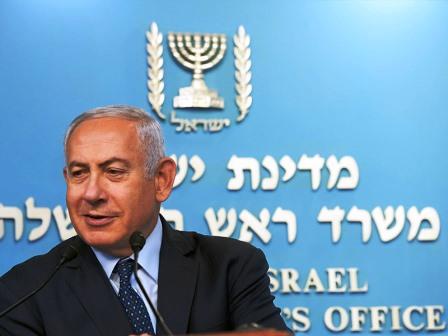
While Americans are agonizing over the wisdom of killing Iranian Quds Force leader Qassim Suleimani, and debating how to respond to the likelihood of Iranian retaliation, Israelis are unabashedly delighted that the man who has coordinated both Hezbollah and Syrian militia attacks on their territory is no longer alive. Both the Israeli leadership, notably Naftali Bennett, the newly appointed hard-line minister of defense, and Israeli politicians across the political spectrum—with the notable exception of some Arab leaders—have welcomed the death of a man whom they have considered Israel’s most dangerous arch-enemy.
For their part, the Iranian regime has blamed Israel as much as the United States. So too has Hassan Nasrallah who leads Hezbollah, Iran’s collaborator in Lebanon, Syria, and Yemen. It is noteworthy that a former head of the Islamic Revolutionary Guard Corps, Mohsen Rezaee, who previously had asserted that Israel had provided the United States with information regarding Soleimani’s whereabouts, stated at a memorial for the Iranian general that Iran could avenge his death by targeting Tel Aviv and Haifa. Moreover, Brig. Gen. Esmail Ghaani, Soleimani’s former deputy and now his successor, has a history of anti-Israel pronouncements. And the Tehran Times, which slavishly follows the government line, headlined a report with “Pompeo indirectly confirms Israel’s involvement in assassinating General Soleimani.”
Despite the harsh rhetoric emanating from both Washington and Tehran—Ghaani has promised “bodies of Americans” across the region while President Donald Trump has said any attack on Americans would lead to the destruction of fifty-two Iranian sites—it is not at all clear that either side is looking for a conflict. Tehran certainly would avoid direct operations against American forces; it has long, and successfully, operated by indirection. And Trump clearly is reluctant to drag the United States into another Middle East imbroglio.
War between Israel and Hezbollah, or even Iran itself, is quite another matter. In response to unequivocal threats from both Hezbollah and Tehran, Prime Minister Benjamin Netanyahu has for the first time officially revealed that Israel is a nuclear power. The country’s war cabinet has been meeting regularly, and its forces are on a high level of alert.
Moreover, Netanyahu’s calculus is different from that of his usual soul mate, the American president. Trump has every incentive to avoid a conflict, which could jeopardize his re-election prospects given the war weariness of the American public. On the other hand, Netanyahu, fighting for his political life and seeking to win immunity from prosecution for accepting bribes and committing other crimes, might actually relish prolonged tensions with Tehran, even if they led to some escalation in the long-standing, low-level hostilities between the two states. Having campaigned throughout the past decade on the basis of his ability to lead the nation in a conflict, Netanyahu may hope both to convince the Israeli Knesset to grant him immunity and to convince enough voters in the elections set for March that only he can lead them through what clearly is the most serious Middle Eastern crisis since the Gulf War.
It is noteworthy that during the lead-in to the 1991 Gulf War, Washington dispatched Deputy Secretary of State Lawrence Eagleburger to Jerusalem to plead with then-Prime Minister Yitzhak Shamir not to retaliate against Saddam if the Iraqis fired missiles at the Jewish state. Shamir acceded to Eagleburger’s plea, in part because Washington sent Patriot missiles to help defend Israel against Iraqi Scud missiles (they proved to be less than effective), but more importantly because Shamir did not want to interrupt the massive flow of immigrants to Israel from the Soviet Union, which would certainly have been the case if Israel was at war.
Netanyahu faces no such constraints; the influx of Jews from the former Soviet states peaked years ago. He may not seek war outright, but, given his obsession with remaining in power come what may, neither will he actively avoid it. And in the event that war between Israel and Iran does indeed materialize, Trump may find that he has no alternative but to intervene on Israel’s behalf, thereby plunging America into the very Middle Eastern conflict he so desperately has sought to avoid.
Note: This article was originally published in The National Interest on 6 January 2020 and has been reproduced with the permission of the author. Web Link
As part of its editorial policy, the MEI@ND standardizes spelling and date formats to make the text uniformly accessible and stylistically consistent. The views expressed here are those of the author and do not necessarily reflect the views/positions of the MEI@ND. Editor, MEI@ND: P R Kumaraswamy

Dov S. Zakheim is a Senior Fellow at CNA Corp and Senior at the Centre for Strategic and International Studies (CSIS) Washington. Previously he served as Under Secretary of Defense (Comptroller) and DoD Chief Financial Officer (2001-04) and as DoD Coordinator of civilian programs in Afghanistan (2002-04). From 1985 to 1987, he was Deputy Under Secretary of Defense for Planning and Resources. He sits on various corporate boards and is Vice-Chairman of both the Foreign Policy Research Institute and Center for the National Interest. He is also the author of Flight of the Lavi: Inside a US-Israeli Crisis (Brassey's 1996).

The longer Israel holds off entering the Gaza Strip, the greater will be the number of voices around.....
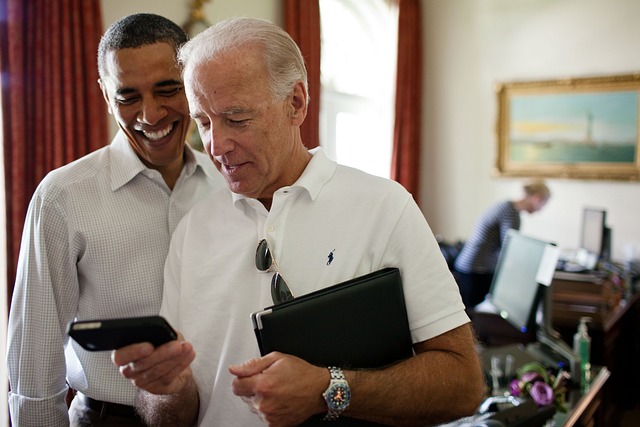
It was rather amusing to see President Joe Biden hugging Israeli Prime Minister Benjamin Netanyahu u.....
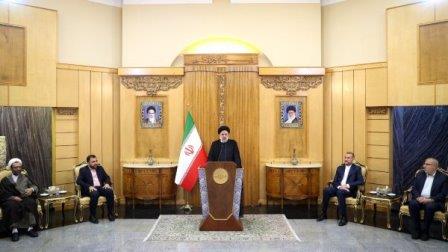
The Biden administration’s money-for-hostage exchange with Iran has, not surprisingly, generat.....

On its face, there is little that the United States can do to help prevent Israel from destroying it.....

In 1996, when Benjamin Netanyahu was first elected prime minister, Israel was still basking in the a.....
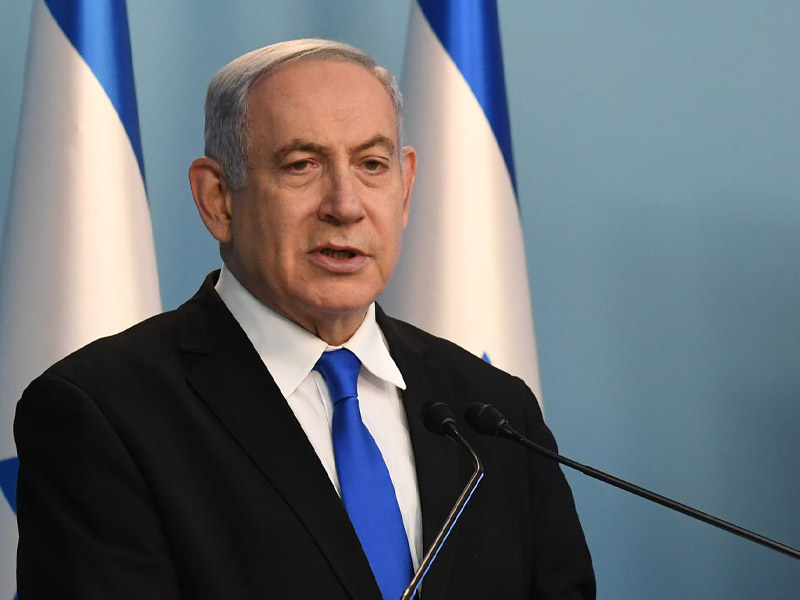
As the world watches Vladimir Putin brazenly annex chunks of eastern Ukraine, one politician in part.....
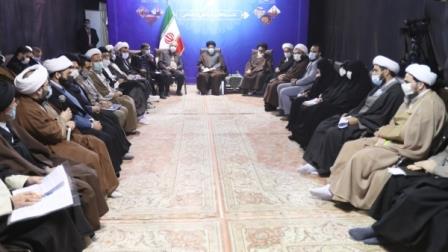
Israel and Turkey recently announced that, once again, they would upgrade their relations to full di.....
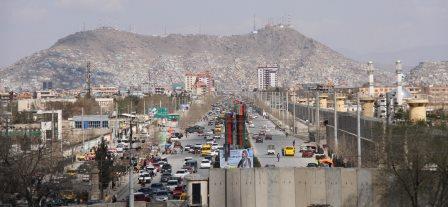
The one year anniversary of the Biden administration’s chaotic exit from Afghanistan has provi.....
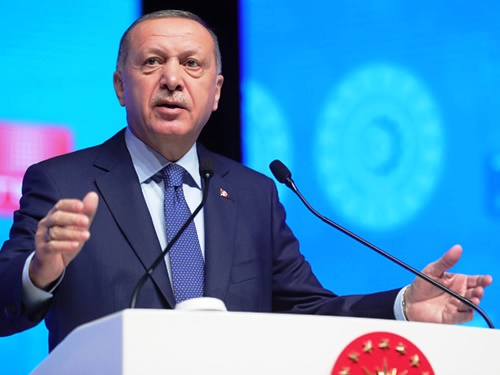
“Unpredictable” is an understatement when describing Turkey’s authoritarian presid.....

Joe Biden’s visit to Saudi Arabia did not exactly work out as the president perhaps had antici.....
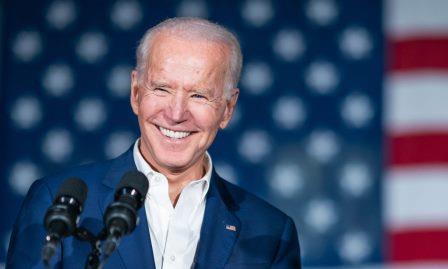
As President Biden often reminds his Israeli interlocutors, he first visited Israel in 1973 when Gol.....

It is not often that a government falls over a few crumbs. But that is exactly what could happen to .....

In what proved to be the last book he wrote before his death, “No Room for Small Dreams,&rdquo.....

The State Department this week issued a report that once again rejects China’s claims to exclu.....

Even as the left wing of the Democratic Party continues to blast Israel — to the degree that t.....

Several days ago, a group of so-called progressive Democrats, led by the “Squad” &.....

The Israel-Hamas ceasefire appears to be holding. President Biden has reiterated his commitment to a.....

At the time of writing, the increasingly bloody war between Israel and Hamas continues apace. At som.....
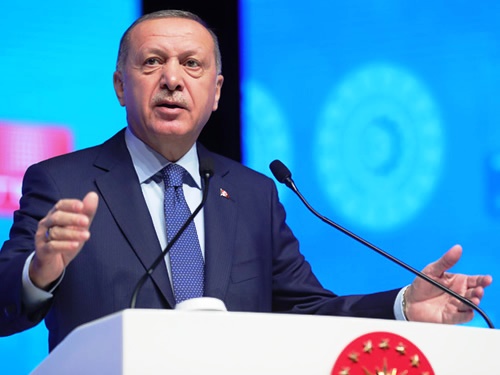
The chasm between Washington and Ankara grows wider by the day. President Biden’s decision to .....

Jordan’s arrest of about twenty leading officials accused of plotting to overthrow King Abdull.....
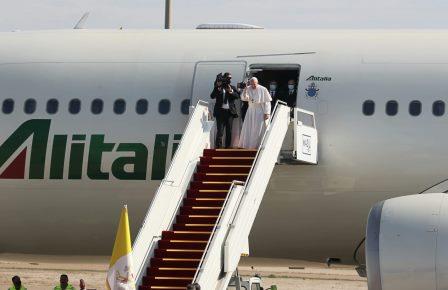
“It was an amazing visit.” That’s how Iraqi President Barham Salih summed up to me.....

President Trump appears determined to withdraw as many troops as he can from the Middle East before .....

Forty years ago, the Reagan administration sought to sell AWACS early-warning and control aircraft t.....
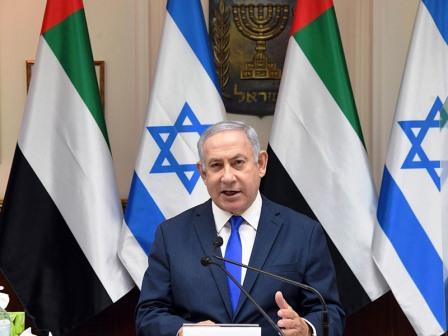
Having hosted a successful White House ceremony to formalize the normalization of Israel’s rel.....

Donald Trump’s electoral prospects appeared to be fading away; for weeks Joe Biden was leading.....

Washington continues to be consumed by speculation and debate over whether the United States should .....
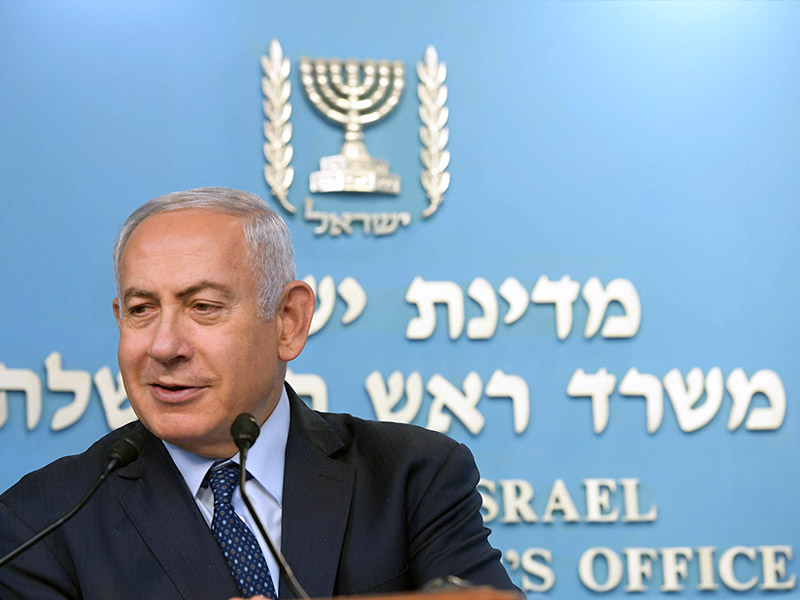
For months, Israel’s pundits predicted that Prime Minister Binyamin Netanyahu once a.....
